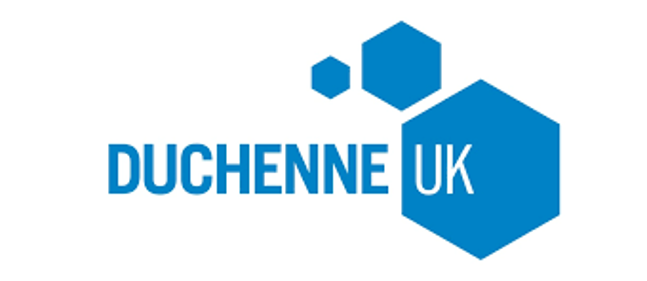Duchenne UK announces a grant of £53,000
Duchenne UK announces a grant of £53,000 supporting NFRG

Duchenne UK announces a grant of £53,000 to speed up the diagnosis of cardiac fibrosis in female carriers of Duchenne Muscular Dystrophy
Duchenne UK is pleased to announce new funding for a project looking at the heart health of mothers who carry the DMD gene
Dr Lee Borthwick and Dr John Bourke at Newcastle University are running this project. The aim is to find quicker ways of diagnosing cardiac complications in mothers who carry the DMD gene.
Mothers of Duchenne patients often carry the DMD gene. Up to 17% of Duchenne mothers are called “manifesting” carriers, because they may have mild symptoms of Duchenne, including fatigue, mild muscle weakness and cramping. They are also at increased risk of developing cardiac and skeletal muscle weakness and dysfunction.
Currently, the advice to female carriers is to have their hearts checked every 3 to 5 years using ECG, cMRI or echo. These tests look at the build up of scar tissue, known as cardiac fibrosis, which can affect the healthy functioning of the heart.
Duchenne UK has already funded £82,405 for an initial cardiac fibrosis study and is now providing additional funding to this work to develop blood tests for monitoring carriers.
Dr Lee Borthwick and Dr John Bourke will collect human heart tissue (from people undergoing pacemaker operations) and use this to identify which biomarkers (small molecules in the blood) would be best for use in identifying damage in the heart. These same circulating biomarkers in a blood sample could then be used in a potential future clinical trial to test possible treatments for female carriers. This study is specifically looking at molecules produced by human heart tissue during the heart scaring process (fibrosis).
This is an important preliminary set of studies that could lead on to a clinical trial in the future. If suitably sensitive biomarkers can be identified from a blood sample, this could save time to diagnosis for carriers, meaning they can get treatment much earlier, and it would also reduce the number of patients needed in any future clinical trial of novel therapies.
A female carrier, who asked to remain anonymous, told us:
"As a carrier I worry about the health of my heart, and a 4 year echocardiogram doesn’t feel reassuring enough for me to stop worrying. The news that Duchenne UK is helping to not only develop a possible simple test to identify damage, but they are also looking for ways to potentially run a trial that could help female carriers is good news."
Dr Lee Borthwick and Dr John Bourke at Newcastle University said:
"We are very grateful that Duchenne UK have chosen to expand the partnership with the Newcastle Fibrosis Research Group and facilitate our efforts to identify biomarkers of heart fibrosis in the blood of mothers of Duchenne patients. This preliminary study will implement cutting-edge molecular biology techniques at Newcastle University, and with national and international collaborators, to maximise our chance of success and delivering a real life impact on patients."
We would like to thank our charity partners and family funds for contributing to this project: Alex’s Wish, Chasing Connor’s Cure, Jack’s Aim, Smile with Shiv, Following Felix, Archie’s March and Help Harry
Last modified: Tue, 29 Sep 2020 11:55:58 BST

